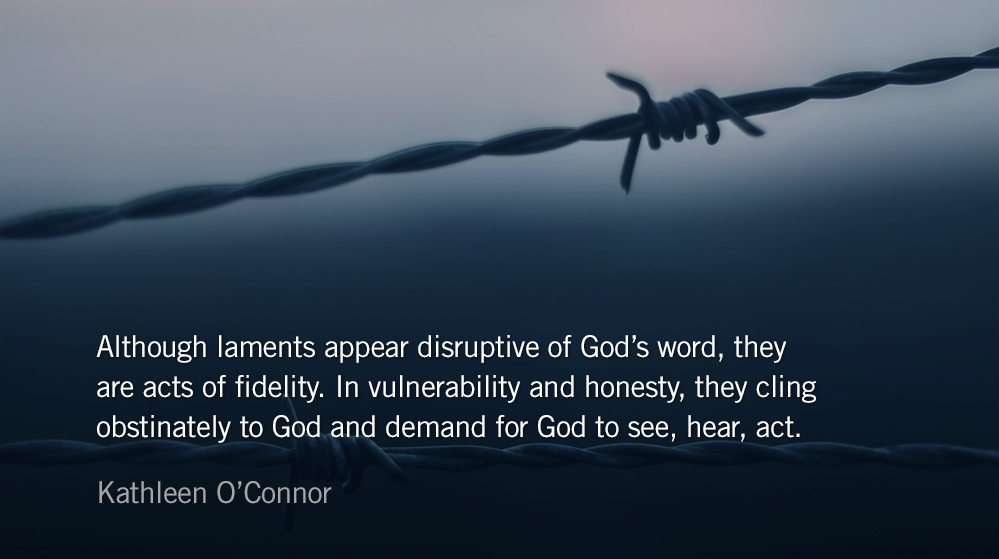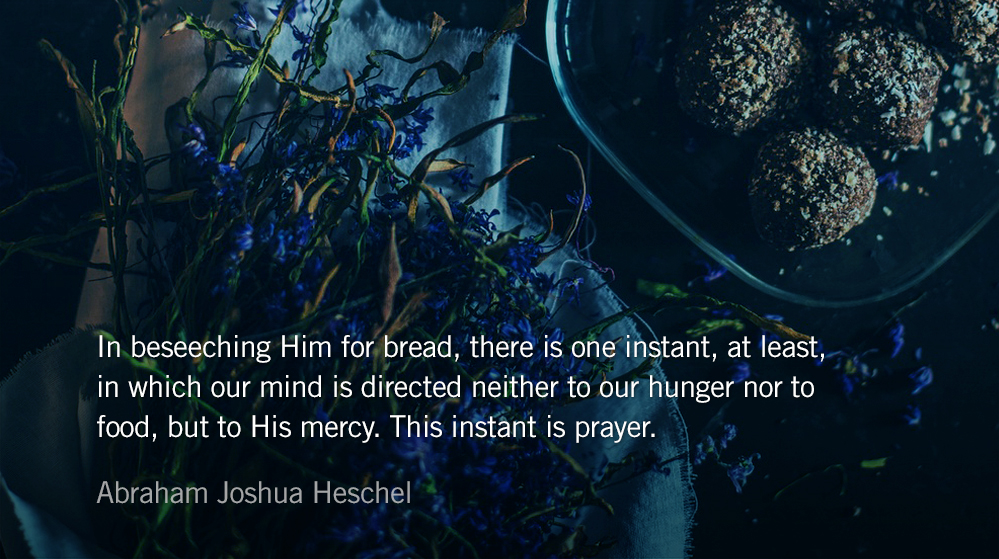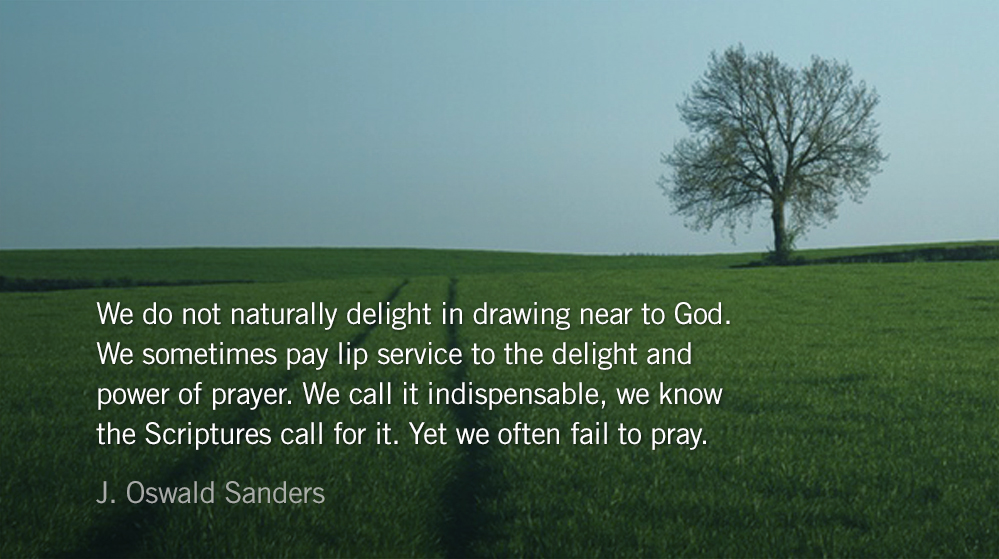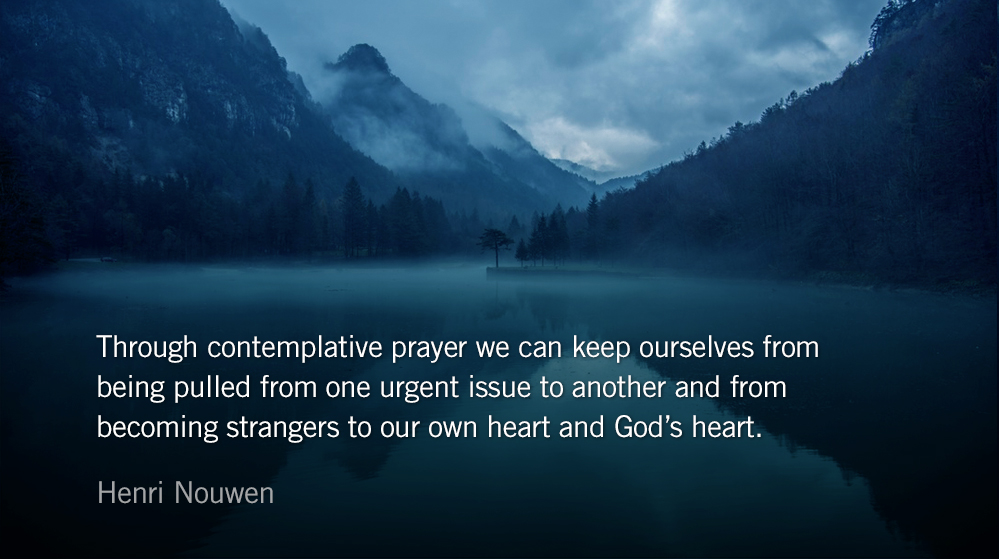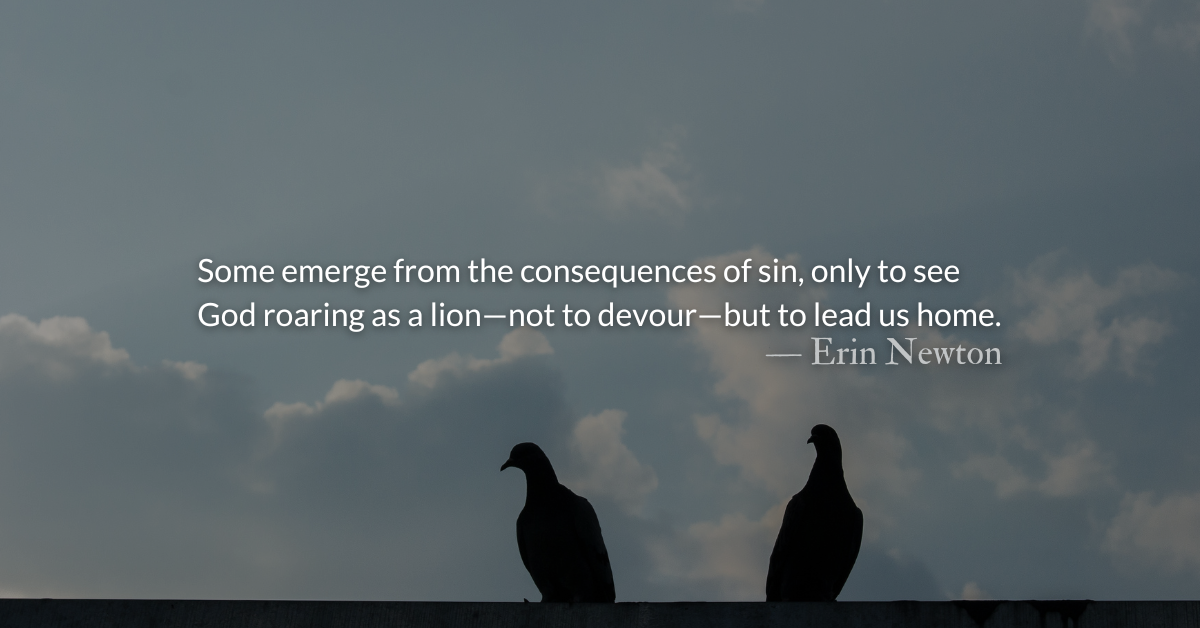“Evil is not inexhaustible. It is not infinite. It is not worthy of a lifetime of attention,” notes Eugene Peterson. And yet suffering has a way of consuming everything—disconnecting us from community, filling every moment of our attention, and shutting out hope.
Simple answers to suffering are not only insufficient, they are unbiblical. In Psalms: The Prayerbook of the Bible Dietrich Bonhoeffer explains how the laments of Scripture seek to connect the one who suffers with the fullness of God:
The Psalter has rich instruction for us about how to come before God in a proper way in the various sufferings that the world brings upon us. The Psalms know it all: serious illness, deep isolation from God and humanity, threats, persecution, imprisonment, and whatever conceivable peril there is on earth.
They do not deny it, they do not deceive themselves with pious words about it, they allow it to stand as a severe ordeal of faith, indeed at times they no longer see beyond the suffering, but they complain about it all to God.
Bonhoeffer, who suffered for years in Nazi prisons, is both comforted and sobered by this reality: “Only God can help. But then, all our questions must also again and again storm directly against God.” This is the testimony of the Psalms of lament—if only God can help, then the complexity of our emotions, depth of our pain, and fulness of our cry must be brought before him. Bonhoeffer concludes:
There is in the Psalms no quick and easy surrender to suffering. It always comes through struggle, anxiety, and doubt. No single human being can pray the psalms of lamentation out of his or her own experience. Spread out before us here is the anguish of the entire Christian community throughout all time, as Jesus Christ alone has wholly experienced it.
These raw cries of pain are central to the Christian experience. In Lamentation and the Tears of the World Kathleen O’Connor celebrates the expression of suffering in prayer as an act of faith:
Laments are prayers that erupt from wounds, burst out of unbearable pain, and bring it to language. Laments complain, shout, and protest. They take anger and despair before God and the community. They grieve. They argue. They find fault. Without complaint there is no lament form. Although laments appear disruptive of God’s word, they are acts of fidelity. In vulnerability and honesty, they cling obstinately to God and demand for God to see, hear, act.
Today’s Reading
Job 41 (Listen – 3:03)
2 Corinthians 11 (Listen – 4:46)
This Weekend’s Readings
Job 42 (Listen – 2:41) 2 Corinthians 12 (Listen – 3:54)
Proverbs 1 (Listen – 3:12) 2 Corinthians 13 (Listen – 2:19)

